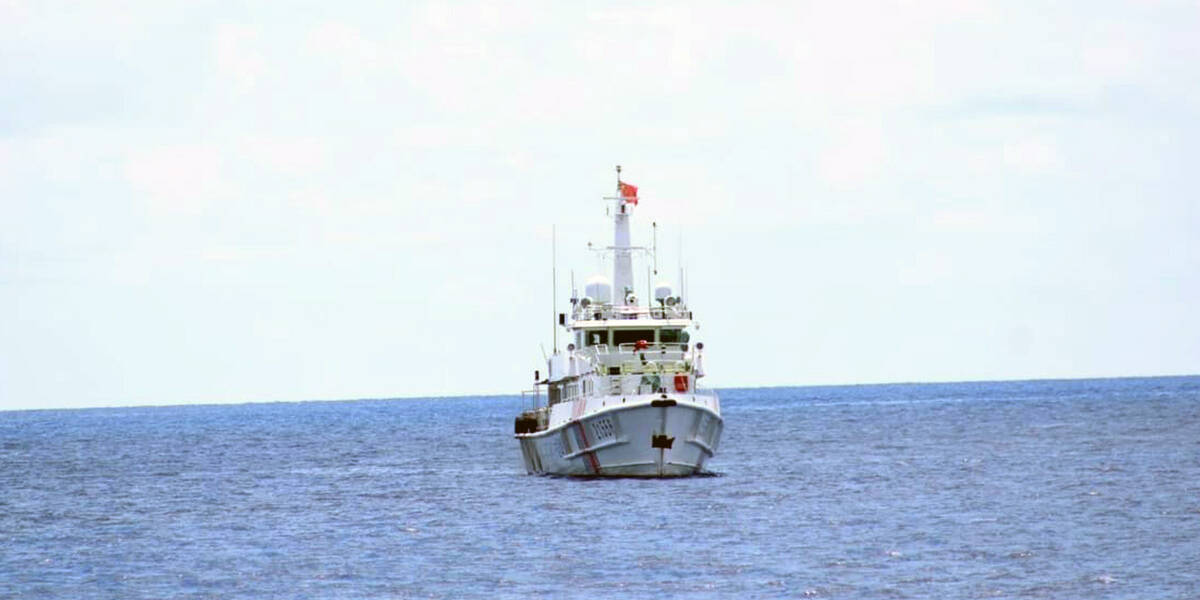Author: Aaron Troy Han,for The Diplomat
Unless countries remain committed to enforce adequate oversight and protection of the oceans that they depend on, it would be inconceivable for their blue economies to stay afloat.
Under the 1994 U.N. Convention on the Law of the Sea (UNCLOS), the high seas constitute the waters that lie beyond the 200-mile exclusive economic zone of any littoral country. While UNCLOS established principles mainly related to freedom of navigation, it lacks detailed provisions on environmental conservation and stewardship of the high seas. The Treaty on Biodiversity Beyond National Jurisdiction (BBNJ) — which is the third internationally binding implementing agreement under UNCLOS — is arguably the most significant multilateral environmental convention since the Paris Climate Agreement of 2015.
According to a U.N. Conference on Trade and Development (UNCTAD) report, ocean-based industries were valued at a total of $2.5 trillion annually (based on 2018 data), while more than estimated 3 billion people worldwide depend on oceans for their livelihood. Undeniably, the open ocean also possesses a wealth of biodiversity and is a provider of crucial ecosystem services, including living resources such as seafood, which many littoral states depend on for food consumption and export.
Click here to read the full article at The Diplomat.
Troy Han
Troy Han is a post-graduate student pursuing a Masters (Msc) in Asian Studies at the S. Rajaratnam School of International Studies.
Feature image: The Intergovernmental Conference (IGC) on Biodiversity Beyond National Jurisdiction (BBNJ) congratulating its President, Ambassador Rena Lee, on the successful conclusion of the BBNJ treaty / via Ministry of Foreign Affairs of Singapore
Related Analyses
September 15, 2024
West Philippine Sea: Several factors force BRP Teresa Magbanua to return – PCG
0 Comments1 Minute


